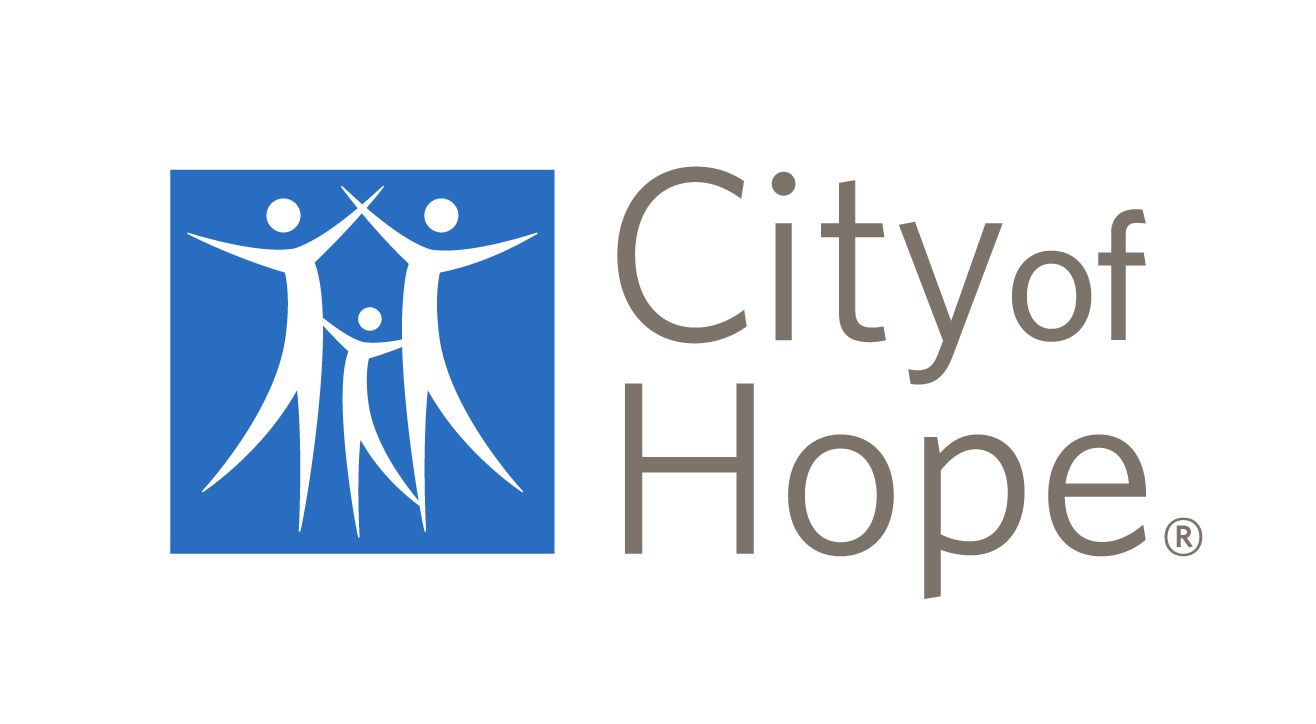- Advertise
- About OncLive
- Editorial Board
- MJH Life Sciences brands
- Contact Us
- Privacy
- Terms & Conditions
- Do Not Sell My Information
2 Clarke Drive
Suite 100
Cranbury, NJ 08512
© 2025 MJH Life Sciences™ and OncLive - Clinical Oncology News, Cancer Expert Insights. All rights reserved.
Dr. Mortimer on the Potential Benefit of Tucatinib Plus ADCs in HER2+ Breast Cancer
Joanne Mortimer, MD, discusses the potential benefit of tucatinib plus antibody-drug conjugates in HER2-positive breast cancer.
Joanne Mortimer, MD, medical oncologist, Baum Family Professor in Women’s Cancers, associate director, Education and Training, Comprehensive Cancer Center, vice chair and professor, Department of Medical Oncology and Therapeutics Research, director, Women’s Cancer Programs, City of Hope, discusses the potential benefit of tucatinib (Tukysa) plus antibody-drug conjugates (ADCs) in HER2-positive breast cancer.
Updated results of the phase 3 DESTINY-Breast03 trial (NCT03529110), which were presented during the 2021 San Antonio Breast Cancer Symposium, showed that fam-trastuzumab deruxtecan-nxki (Enhertu) may replace ado-trastuzumab emtansine (T-DM1; Kadcyla) as a second-line option for patients with metastatic HER2-positive breast cancer. However, clinical trials are currently ongoing that are evaluating the efficacy of tucatinib (Tukysa) plus trastuzumab deruxtecan (CompassHER2 RD; NCT04457596) and tucatinib plus T-DM1 (HER2CLIMB-04; NCT04539938). Notably, the study scheme of HER2CLIMB-04 were also presented during the 2021 SABCS. Ultimately, the results of these studies will demonstrate the feasibility of tucatinib plus ADCs in HER2-positive breast cancer.
Tucatinib and trastuzumab deruxtecan can confer limiting toxicities like diarrhea in patients with HER2-positive breast cancer. However, the field has become comfortable managing the toxicities associated with T-DM1 and patients can often remain on treatment for many years, Mortimer explains. As such, the data evaluating tucatinib plus ADCs will inform whether patients can derive benefit with the combination regimen and whether toxicity will factor into treatment selection, Mortimer concludes.
Related Content:





